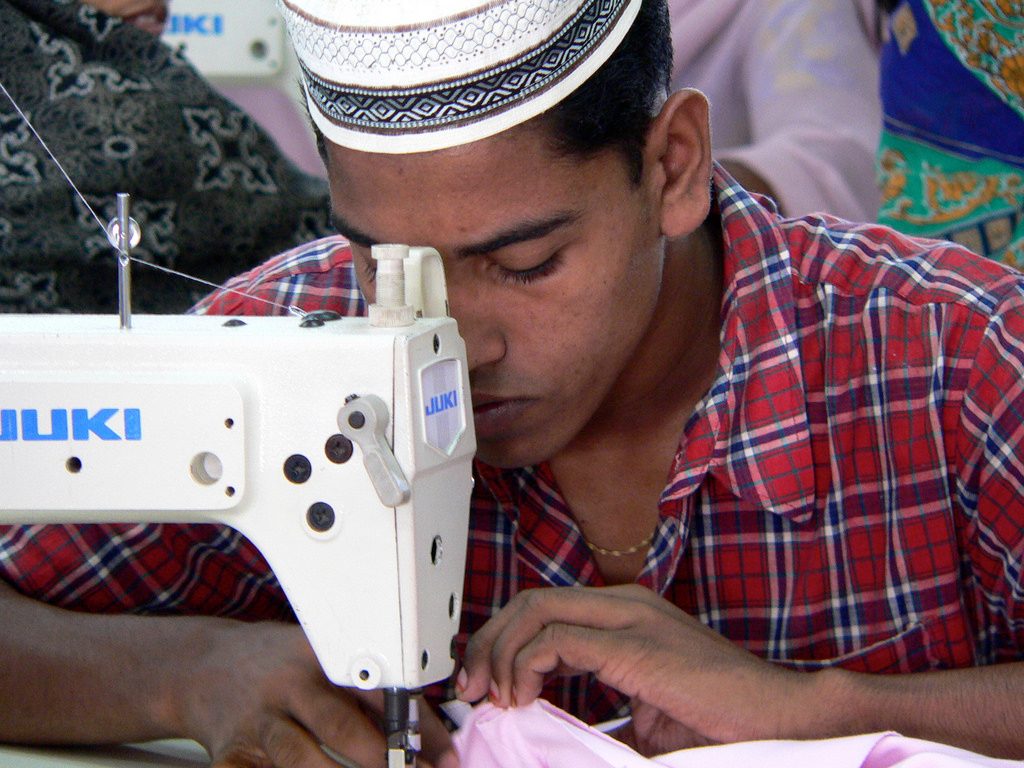Sourcing from Bangladesh is expected to be 9% higher
Bangladesh is likely to lose about $2.7 billion in export earnings every year once it graduates from the Least Developed Country (LDC) bracket. Upon graduation from the LDC status, exports will be subjected to 6.7 percent additional tariff as duty-free and quota-free benefits from different countries and trading partners will be withdrawn, according to a paper prepared by the Ministry of Finance on the challenges and opportunities related to transitioning from LDC.

The Committee for Development Policy (CDP), a subsidiary advisory body of the United Nations Economic and Social Council (ECOSOC) is expected to put Bangladesh in it’s graduation list this year as the country meets all three criteria: Gross National Income (GNI) per capita, Human Assets Index (HAI) and Economic Vulnerability Index (EVI). At present, Bangladesh is a major beneficiary of duty-free and quota-free market access, with shipments under this facility accounting for 72 percent of the total exports in fiscal 2015-16, the ERD report said. Bangladesh enjoys preferential market access to more than 40 countries in varying degrees. “Regional trade agreements and bilateral initiatives cover about 90 percent of the total exports, and thus preferential market access is of special significance,” the ministry report said.
The preferential treatment by the European Union (EU), where 54 percent of Bangladesh’s RMG shipments are headed, is most notable. After graduation, Bangladesh’s exports will face 8.7 percent tariffs. “Undoubtedly upon LDC graduation, products made in Bangladesh will become more expensive to buyers and consumers in key export markets,” said the ministry report further.
The United Nations Conference on Trade and Development estimates Bangladesh’s exports may decline by 5.5 – 7.5 percent. The preference erosion in major exporting countries will thus have implications for export competitiveness and export earnings, and consequently, GDP, employment and poverty, the CDP said. The major impact is expected to hit the Bangladesh’s Ready Made Garments (RMG) Export in the EU.
Competitiveness of the Bangladesh RMG sector has been all along low but the duty-free and quota free access to the EU and other markets as well as Bangladesh government’s export incentives, both cash and tax benefits for the exporters made Bangladesh practically indispensable sourcing destination for global clothing brands and retailers, placing it just behind China recently. Bangladesh requires 60-90 days to make the RMG shipment in the EU while it’s one of the regional competitors, Pakistan for example ships within 30 days, according to exporter surveys.
Full report is available upon request from the author.